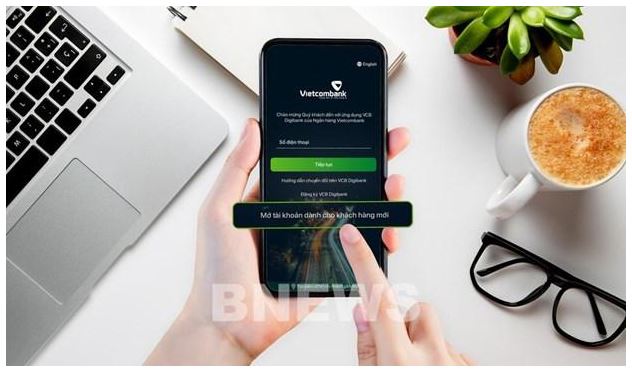Vietnam: Mobile payment value hoped to surge 80 – 100 percent annually
The banking sector hopes that by 2025, the volume of mobile payment transactions will grow by 50 – 80 percent while transaction value will surge 80 – 100 percent annually.
The banking sector hopes that by 2025, the volume of mobile payment transactions will grow by 50 – 80 percent while transaction value will surge 80 – 100 percent annually.
Among the other targets for 2025, Vietnam aims for at least 80 percent of the population aged 15 and above to have bank accounts, the number of internet payments increasing 35 – 40 percent annually, and the rate of individuals and organisations using cashless payments reaching 40 percent, according to Le Van Tuyen, Deputy Director of the State Bank of Vietnam’s Payment Department.
He said cashless payment methods, typically contactless card, QR code payment, online payment for digital and e-commerce services, and mobile banking, are becoming increasingly popular in Vietnam, especially among young people.
There is now a strong shift to electronic payment methods replacing cash, which is also a target of the plan for cashless payment development in Vietnam from 2021 – 2025, Tuyen noted.
Nguyen Quang Minh, Deputy General Director of the National Payment Corporation of Vietnam (NAPAS), said the firm always holds reserves equivalent to 50 percent of its capacity to ensure smooth cashless payments. Even during peak periods, the number of transactions account for just over 40 percent of its system’s designed capacity.
It has also continually developed new products and services to meet market demands, he went on, noting that it launched a set of domestic chip cards, from debit card, prepaid card to credit card, which are intended to support the central bank’s plan to switch from magnetic strips to chip cards.
To help promote cashless payments in public services, NAPAS has also connected payment infrastructure between 45 localities and 15 ministries, departments and agencies that provide public services in order to supply online payment services for five groups of public services on the National Public Service Portal, namely paying social insurance premiums, real estate taxes, traffic violation fines, court fees, and other fees and charges, he added.
Source: VNA


 Thailand
Thailand




